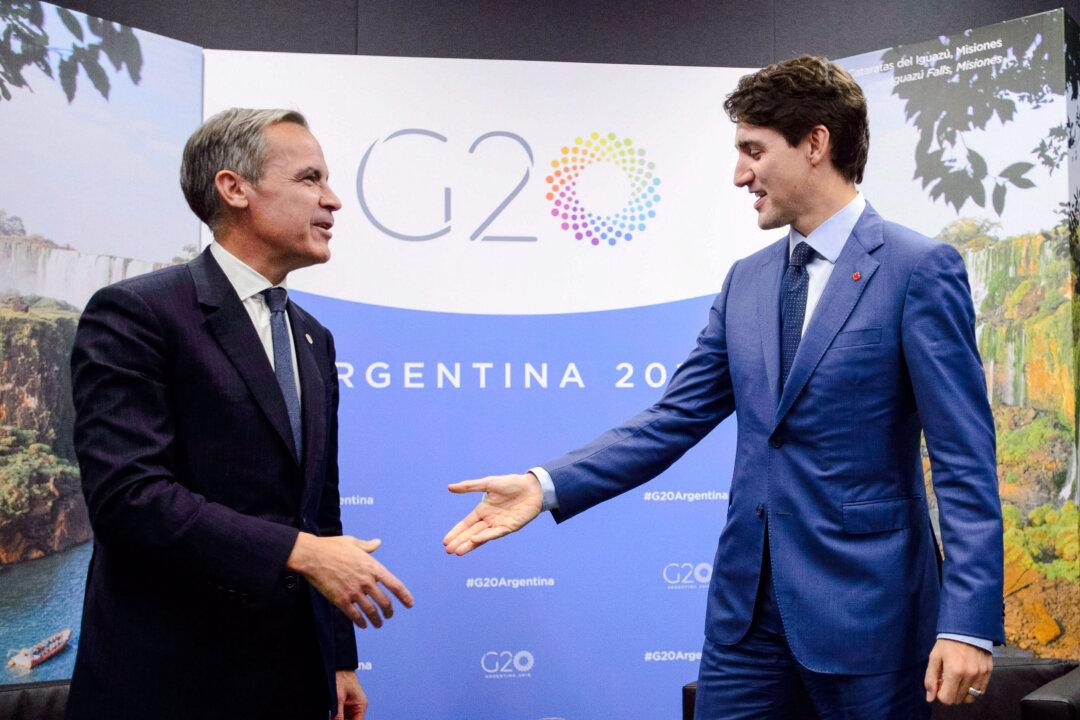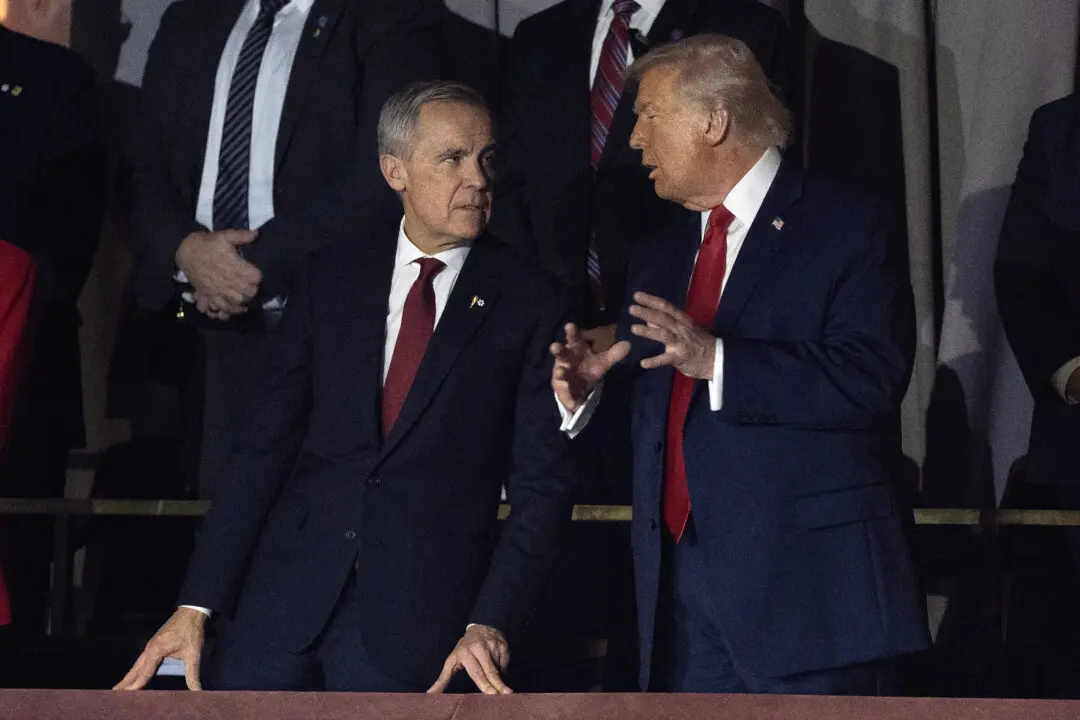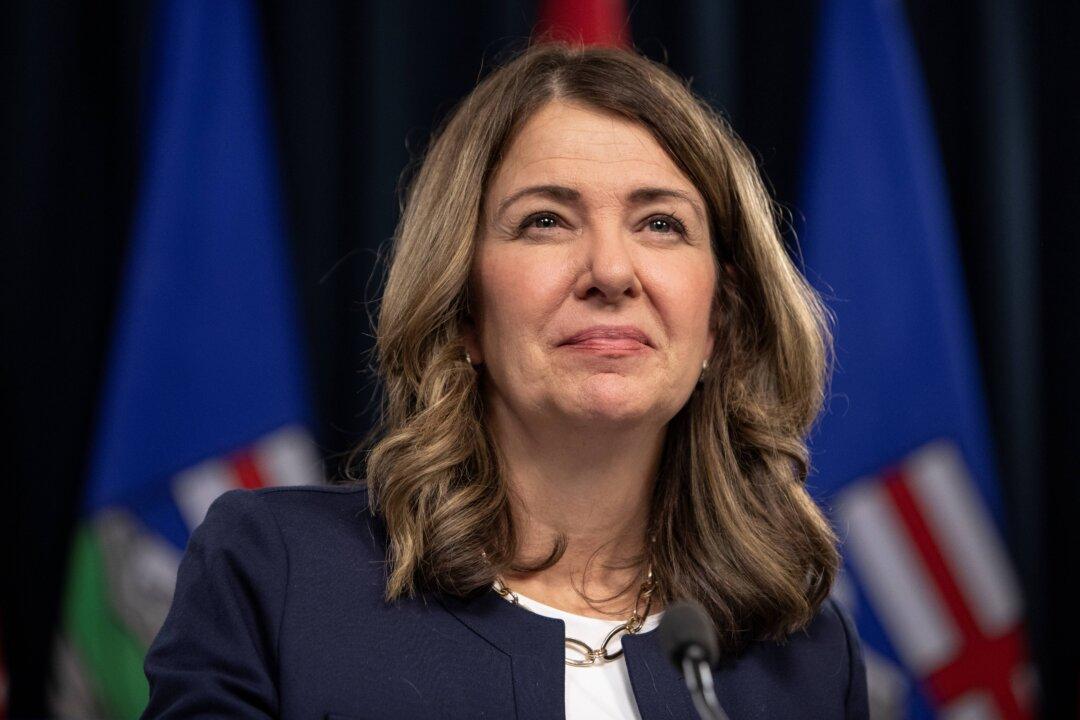Mark Carney, former Bank of Canada governor and now adviser to the Liberal Party, says he may consider running for public office at some point.
During an interview with Liberal MP Nathaniel Erskine-Smith on his “Uncommons” podcast released on Oct. 18, Carney was asked if he was going to “put your name on a ballot at some point.” Carney replied that he supports the Liberal Party because it has the “right combination of a social conscience and social priorities at its core.”





